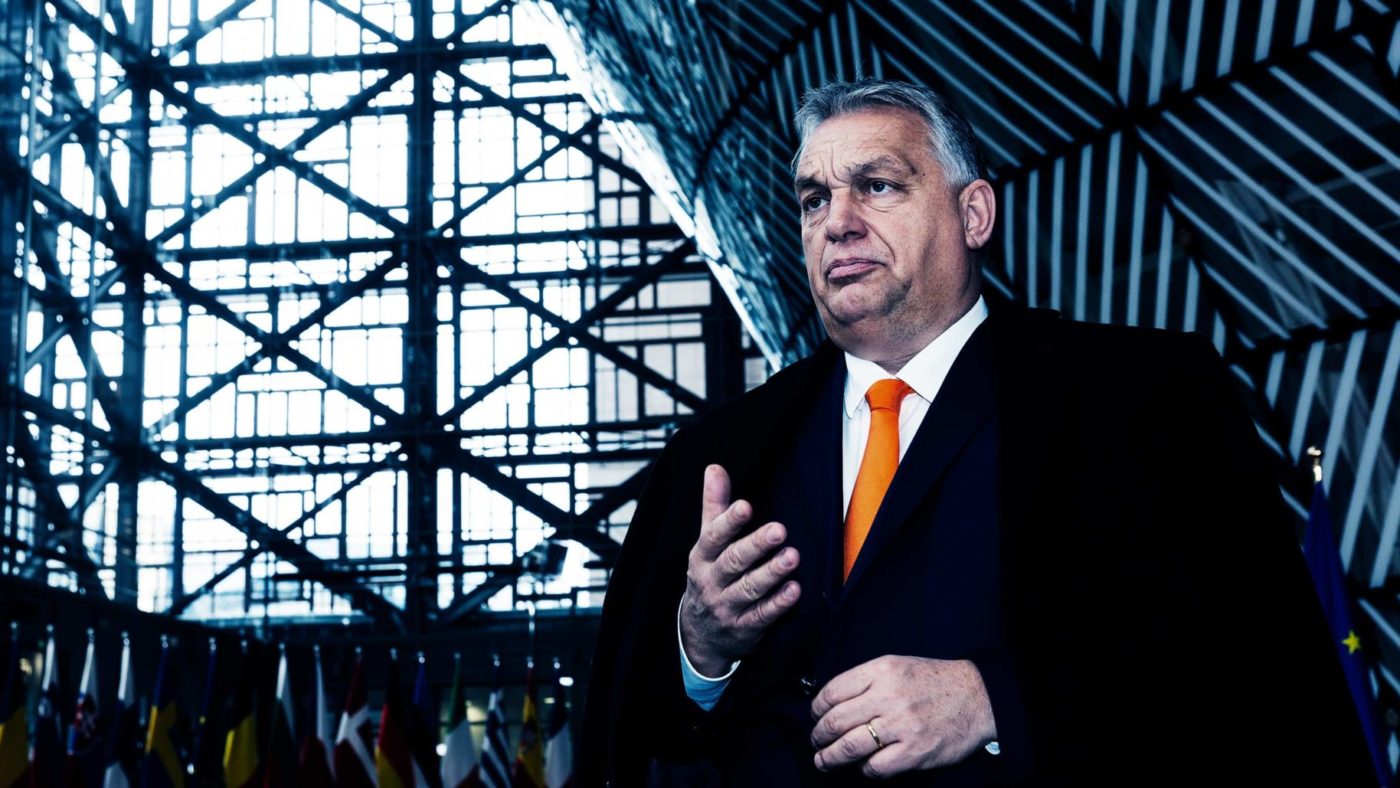Last year, when Hungary’s ruling Fidesz party were given emergency Covid-19 powers, Viktor Orbán quickly dismissed opposition concerns about their scope. Such abstractions were, in the prime minister’s words, irrelevant in the midst of a health crisis. However, it’s since become clear that, under the veil of the pandemic, many of his government’s actions in the last 11 months have been cynically political – and ultimately benefited allies of the prime minister and his party’s supporters.
As a second wave of the coronavirus bites Europe, and Hungary’s infrastructure buckles under the strain of surging infections, its citizens should be alarmed by Orbán’s increasing centralisation of power and his party’s routine reallocation of funds towards oligarchs and loyalists. Those abroad who may have overlooked Orban’s misuse of European funds for government projects – not least the €2bn spent on the “train to nowhere” Val Valley Railway – must now accept that in Hungary the EU faces an administration with little regard for the bloc’s common values or rulebook.
The cronyism that has long been a feature of Hungarian politics has intensified in the past year. One example, uncovered by investigative media in Hungary, is the subsidies made available for country’s tourism sector in response to the pandemic – and, specifically, the “Kisfaludy Program”, which provides non-refundable state grants for the construction and development of hotels, apartments, and other tourism-related providers. In the spring of 2020 the Hungarian Tourism Agency (MTÜ) distributed HUF 83.5 billion in support to the sector. Several beneficiaries from this scheme have known links to the ruling administration, Fidesz, including Lőrinc Mészáros, the former mayor of Viktor Orbán’s home village, and the wealthiest individual in Hungary.
Several of the grants have also found their way to luxury resorts and ports near Lake Balaton, which has become a stronghold of the country’s political elite – while Hungary’s capital city, Budapest, has been largely deprived of aid, with many viewing this disparity in grant-making as politically motivated, and an attack on the city’s mayor, Orbán critic Gergely Karácsony.
There have also been moves, under the veil of the coronavirus, to refunnel state ownership in strategic companies – the oil producer, MOL, and the pharmaceutical supplier, Richter – towards a postgraduate institution that has established ties to the governing elite. In 2020, Mathias Corvinus Collegium (MCC) received two bond packages which, according to official figures, comprised 10% of the state’s total shareholding in each of the companies concerned – worth approximately HUF 290 billion each.
Such leveraging of national investments, for political advantage, is particularly unjustified given the general underfunding of the Hungarian education system, and at a time when the country is struggling to source ventilators, tests and vaccines needed to tackle the pandemic. The ventilators themselves have also been central to allegations of corruption, due to their high cost in procurement deals.
Worryingly, too, extraordinary regulatory measures have been introduced to ease the funnelling of public money to clientele. The ninth amendment to the Constitution entailed to narrow the definition of public money which might enable to exempt state companies, foundations and endowments established by the state from public oversight.
For Hungary’s opposition, there have also been setbacks, with the pandemic being used as a vehicle to improve conditions for Fidesz operations at a local level. The government has revoked some of the competences of municipalities and diverted a significant share of their revenues through so-called ‘special economic zones’. The opposition-held local authority in the town of Göd, home to a major Samsung factory, now stands to lose 10% of its annual budget due to being placed in one of these new zones (i.e. an area whose tax income is transferred directly to the county budget instead of the local administration).
Powers to regulate future investments in this region are now determined at county-level administration which, incidentally, is controlled by Fidesz. Worse still, electoral rules have been changed so that by 2022 the opposition will have to form a single party list and fight the national elections with a 50% reduction in state funding for incumbent parliamentary parties. And the new rules will do nothing to end the the ‘fake party system’ which has resulted in the misappropriation of some HUF 7bn of public funds since 2014.
Taken together, this catalogue of graft and nepotism paints a bleak image of Hungary. A country that is slipping away from Western democracy, towards autocracy and crony state capitalism. The sad reality for Hungarians is that the country’s crisis management measures have prioritised cronyism and short-term power games over healthcare considerations and the long-term development of the country. It’s a pattern that’s become symptomatic of Orbán’s rule.
Click here to subscribe to our daily briefing – the best pieces from CapX and across the web.
CapX depends on the generosity of its readers. If you value what we do, please consider making a donation.


